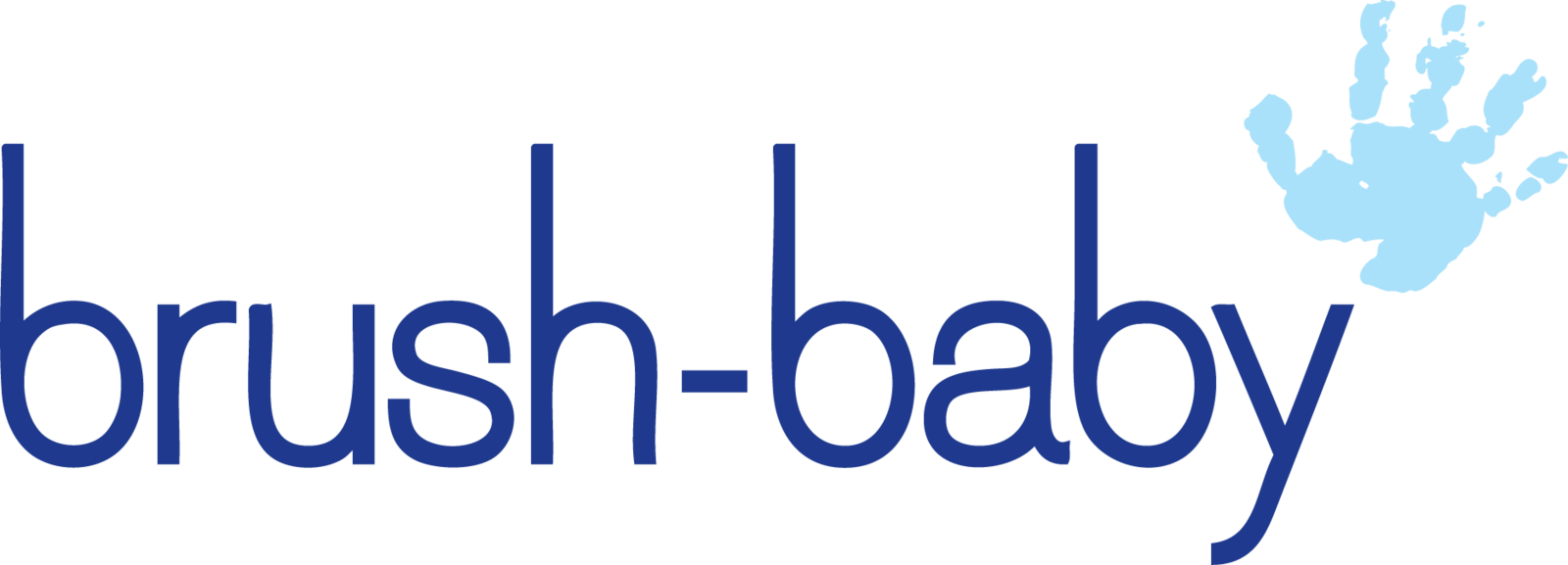Do Children Need to Floss? When Should they Start?
Is Brushing Teeth Enough to Keep your Child’s Dental Health in Optimum Condition?
As a parent, you want your child to have a healthy and beautiful smile and unsurprisingly good dental hygiene plays a big role in achieving that. Brushing your baby’s teeth using a good quality baby toothbrush and infant toothpaste is a great start, but it is not enough! Flossing is just as important, if not more. Do babies and children need to floss? If yes, when should they start? Let's dive in and find out.
What is Flossing and Why is it so Important?
First things first, why is flossing important for children? When we eat, food particles get stuck between teeth and under the gums. If these particles aren’t removed, they create plaque, which can lead to cavities and gum disease. Using a baby toothbrush, or even better, a baby’s electric toothbrush (or children’s toothbrush if they are older), can help remove plaque from the surfaces of teeth. Unfortunately, toothbrushes don’t tend to reach the tight spaces in between the teeth and that is where flossing comes in. Flossing helps reach these spaces and prevent future problems from developing.
When Should you Start Flossing your Child’s Teeth?
Now, when should we start flossing our baby or child’s teeth? As soon as they have teeth that touch is the answer, and this usually happens around the age of 2-3 (although can vary from child to child). Once they are old enough to handle a children’s toothbrush, they can start flossing on their own. Usually around 6-8 years old.
Which Type of Floss is Appropriate for Paediatric Use?
When looking for which type of floss to use, it's important to select the right kind that is meant for children’s teeth and mouths, as they are smaller and more sensitive than adults. There are many different types of floss on the market, but not all of them are suitable for kids. Key things to look out for when choosing floss for babies and children are that they are gentle and designed for sensitive gums.
Our FlossBrush's and kids electric toothbrushes have DeepClean flossing bristles which contains short bristles to help clean the surface of milk teeth, long bristles to clean in between teeth and deep clean bristles for those hard to reach places! The smaller kids toothbrush head makes it easier to clean around their mouth.
How Often Should Children Floss?
How often should children floss? Ideally, they should floss at least once a day. It's up to you to decide when is the best time for your child to floss. Some children prefer to floss before brushing, while others prefer to do it after. As long as they are doing it regularly, it doesn't matter when.
Dental Care Doesn’t Have to be Boring!
Turning flossing into a fun game is a great way to get older children engaged. Sing a song or tell a story while you floss together. Use our fun Brush Baby Flossbrushes or floss with different colours or flavour floss tape. You can even use floss as a tool for teaching your child about healthy habits and the importance of taking care of their body.
To Take Away
Ultimately, flossing should become a part of your child’s dental hygiene routine as soon as they have two teeth that touch. Flossing is as important as brushing in your child’s dental routine as it helps remove stubborn food particles and nasty plaque from tight spaces between teeth and under gums that they are unable to reach with their children’s toothbrushes.







